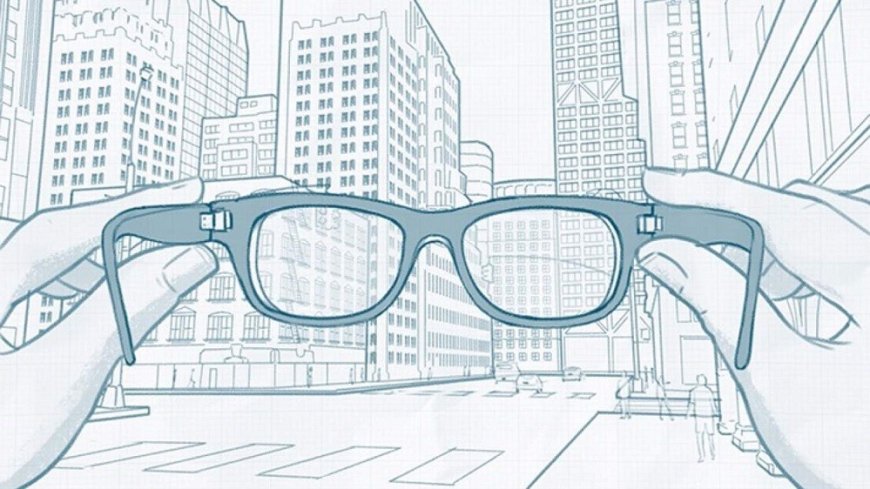Facebook's vision for smart glasses is both seductive and terrifying
Facebook is pulling the curtain back on its smart glasses project. Augmented reality glasses face huge challenges - and give potential

Facebook is pulling the curtain back on its smart glasses project. Augmented reality glasses face huge challenges - and give potential users the tough decision about how much they trust social networks in their lives. As Facebook explains, the AR glasses they think will be intuitive and active, constant daily companions, not devices you take out of your pocket a lot.
Unlike smartphones or even smartwatches, which require deliberate gaze, smart glasses can place their user interface in your field of vision - or in your ears, at any time. This could greatly improve the day-to-day usability of the technology, but it also means Facebook has to fine-tune the system if it turns out to be unobtrusive or, worse, annoying.
"The AR interface must be proactive and non-reactive," Facebook said in a new behind the scenes article. "It will be an interface that seamlessly translates intentions into action, gives us more leeway in our own lives, and allows us to stay in front of those around us."
In the company's example, Facebook's smart glasses automatically record the podcast of your choice when you leave the house and then offer to order your favorite drink at the coffee shop. With haptic gloves that let you track individual finger movements, you can type on a virtual keyboard and see the results on a private view that only you can see. If the AR glasses detect that background noise is distracting, they can improve active noise reduction in your headphones. However, you can also pause these when the server wants to ask you a question and even use a microphone to create a beam which they use to amplify your voice.
Must Read: History of Tesla and SpaceX
Much of this is of course now possible with the right gadget bag. According to Michael Abrash, chief scientist at Facebook Reality Labs (FRL), Facebook is working to intelligently integrate all of this so that there is less conscious thinking about how such a system can be optimally used. "To make AR ubiquitous, you always need low-friction technology that is so intuitive that it becomes a part of your body," he said.
The FRL currently has hundreds of AR professionals working on this challenge and the project has been running for six years. The first results of their hard work will also be revealed later this year in a collaboration between Facebook, Ray-Ban and Luxottica. However, social media representatives are cautious about being too promising about what these digital glasses can actually do, and the truth is that this truly intuitive proactive assistant is still a way out.
This can include functions such as electromyography (EMG), tracking the electrical signals in the wrist associated with finger movements. Therefore, when typing or gesturing for controls, the armband can recognize the user interface designed by the face. Meanwhile, AI is used to minimize how much control you need to be active. "Ideally, all you have to do is click once to do what you want to do, or better yet, one day the right thing can happen without you having to do anything," explains Facebook.
This device may look more like a fashion than a gadget. Facebook is working on soft and comfortable electronics that are suitable for everyday hand and wrist use. Facebook admits it will take another 10 years to prepare something for the market.
Meanwhile, however, it remains a tough decision for potential sponsors. For a fully intuitive assistant technology to work, whether from Facebook or another tech company, you need a lot of information about the person. This way he can learn patterns and preferences; Identifying people, objects, and places; and usually embedded in everyday life.
Whether or not you are comfortable with this knowledge on Facebook is an important question. Social networking may have started out as a way for friends to stay in touch, but in recent years their approach to privacy has gotten them very hot. The reality, however, is that smart glasses of this type require the sacrifice of personal information in order to be fully served. Facebook may be able to get the hardware and software right, but it also needs to convince potential users that the privacy bet is worth the benefit. Reuters
